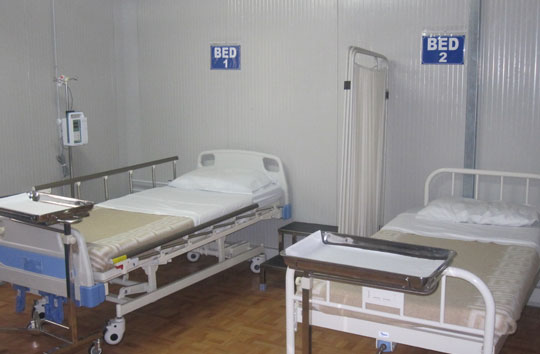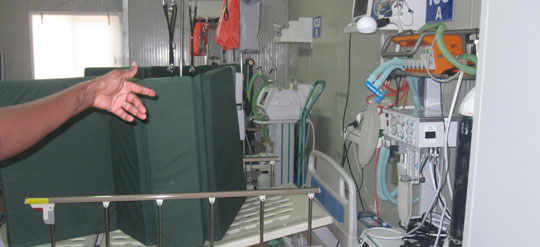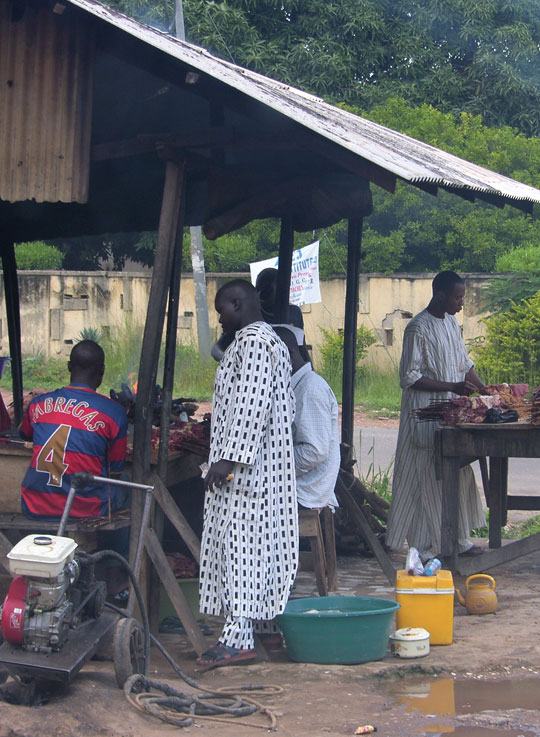We are a security risk management company with vast experience in different sectors of the security industry. Our close protection assistants will be with you at all times during the journey, help with logistics and make sure you are safe. That said, no destination can claim to be 100% safe and during your journey through Africa, you should use the same travel precautions you would in other parts of the world.
The East- and Southern African countries on our list of possible travel destinations are safe for millions of tourists that visit the region each year. Criminal incidents are rare.
Local violence does occur occasionally; however, it is normally not directed at visitors and happens generally in regions far away from tourist routes and our destinations. We monitor the situation in all the chosen countries on a regular basis and only travel to regions deemed safe. People in all our destinations are very friendly and well disposed towards visitors.







